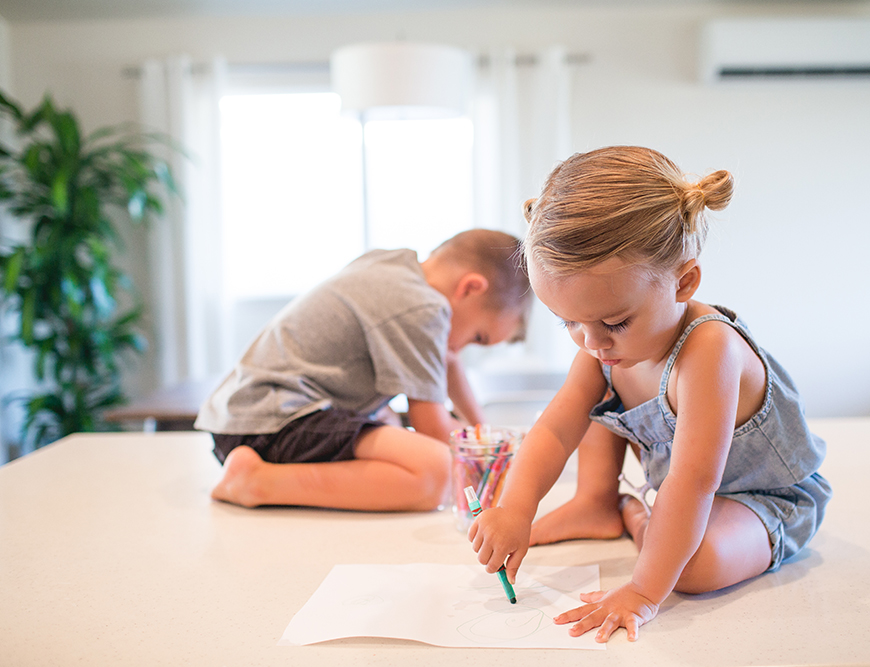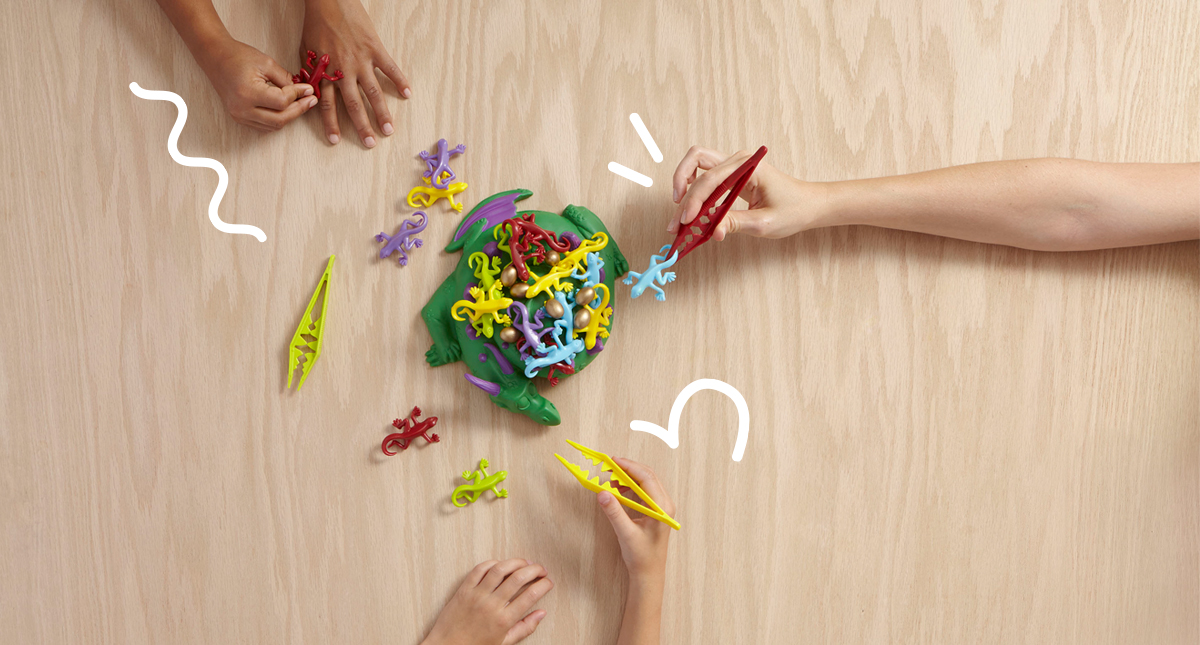Contact Us
If your world is like mine, it is full of checklists, shopping lists, reading lists and even a bucket list. But I bet the one list you do not have for your family is a play list! Most of us think of play as this fun thing that we go do … as we have time. What we don’t realize is that play is made up of nine specific activities that each bring added value to family life and skill development for your little ones.
Just look …
- Gross Motor Play – Developing control of body movements for activities like sports, dance and balance.
- Art Play – Building creativity, expressing a vision and creating an awareness of shapes, colors and forms.
- Pretend Play – Exploring different worlds and roles, creating empathy and understanding of differences and likenesses.
- Reading and Narrative Play – Learning to communicate our ideas and understand others.
- Fine Motor Play – Developing control of our fingers for writing, eating and all the small things that require precision movements.
- Construction Play – Building spatial reasoning by working with forms and objects to create something new.
- Sensory Play – Exploring our feelings including joy, laughter, pleasure and a sense of achievement.
- Music Play – Exploring the rhythms and cadences that are mathematical in nature.
- Game Play – Developing resiliency and a sense of fairness through winning and losing, taking turns, and being honest while using strategic thinking to solve problems.

OK, now you are thinking, How do I fit all that into my family life? Our days are packed already!
Well, let’s take a look and you may be pleasantly surprised at how many types of play are already present in your daily life:
- Does your child run and jump? (Gross Motor Play)
- Does your child make collages? (Art Play)
- Does your child dress up as a superhero, fireman or other characters? (Pretend Play)
- Does your child read or tell stories? (Reading & Narrative Play)
- Does your child draw and color? (Fine Motor Play)
- Does your child make forts or stack blocks? (Construction Play)
- Does your child repeat activities that are funny or snuggly? (Sensory Play)
- Does your child hum and sing? (Music Play)
- Does your child play board games? (Game Play)
Are you surprised at how many of your answers are yes? Don’t be. We are all prewired to learn through play and we gravitate to these activities naturally. Encompassing all forms of play may be worth adding to your list after all, because play builds skills that can be used throughout our whole life.
Isn’t it wonderful that “play” is not just a little word, but a big powerful word that can help your child grow and have fun at the same time?
Make a quick play list of your own. See how many types of play your little one engages in during a week. Note where they are excelling and where they may be falling short. Incorporate some activities that touch on their strengths and challenges them. And have a little fun while you’re at it. Ready? Game on.


About the Author
Patty Pearcy is President and CEO of SimplyFun LLC, a direct sales company whose mission is to build smarter kids and stronger families through the amazing power of play. Prior to SimplyFun, Patty spent 25 years in senior operations management and financial leadership roles for several multinational companies.
